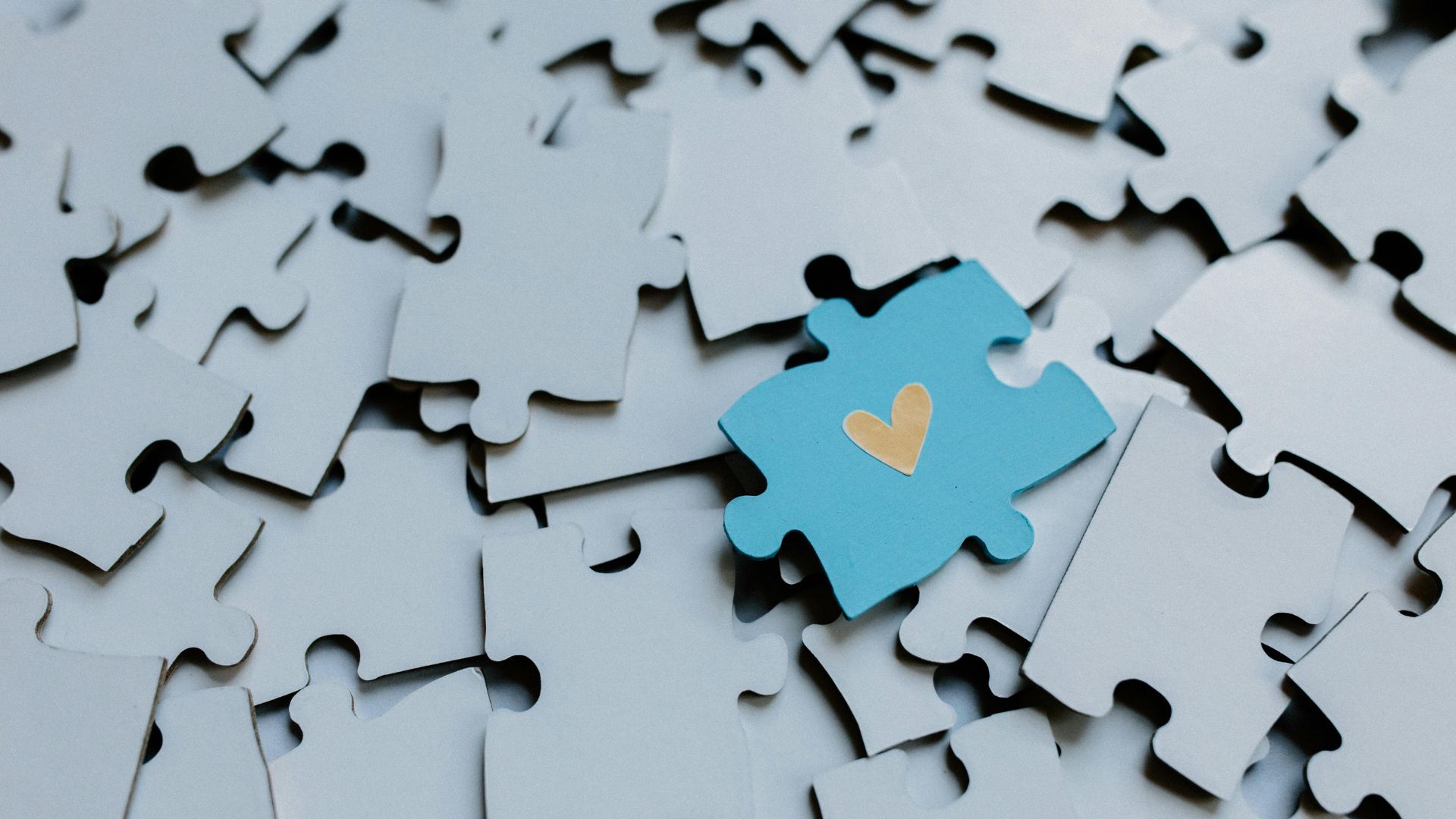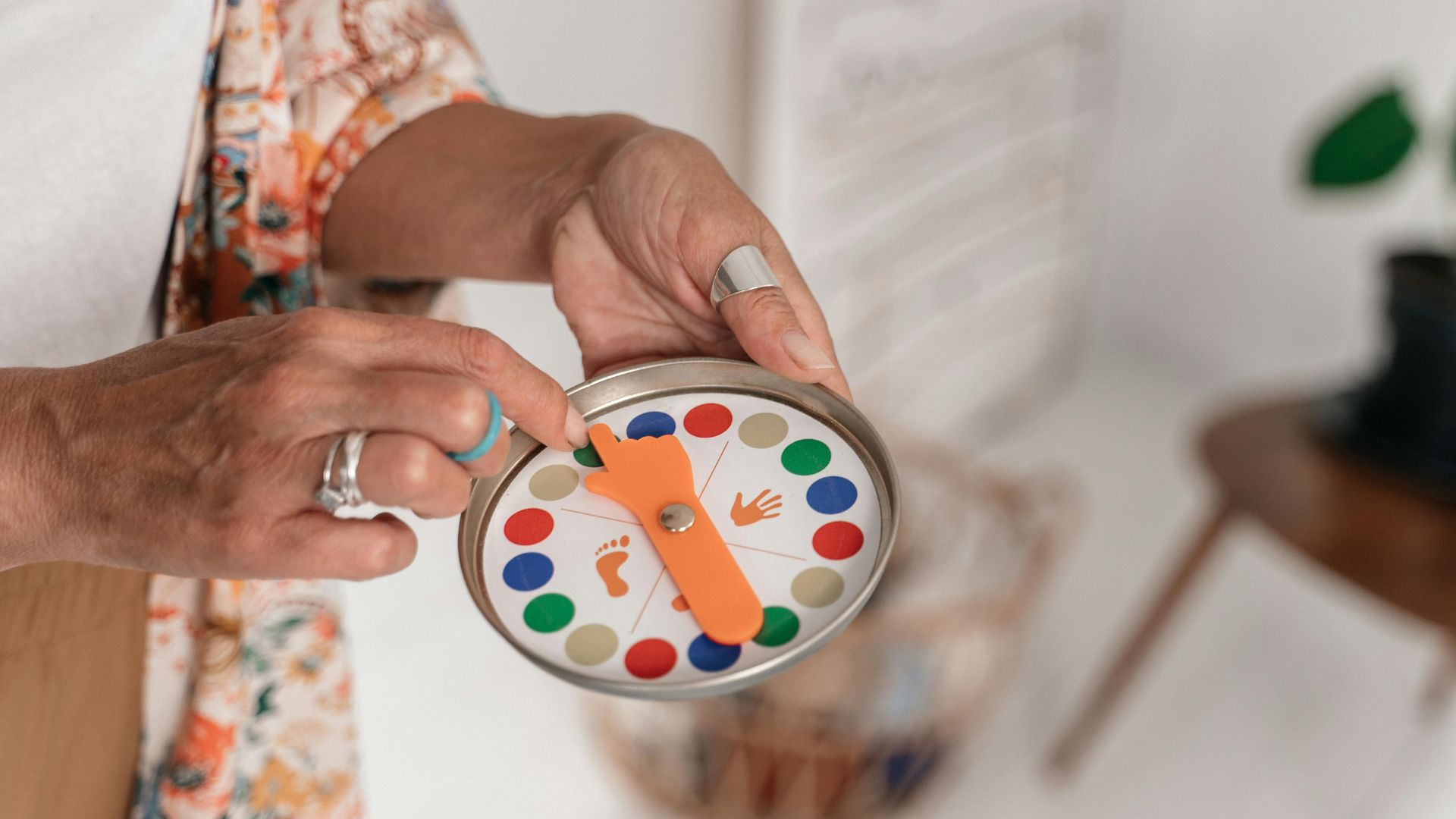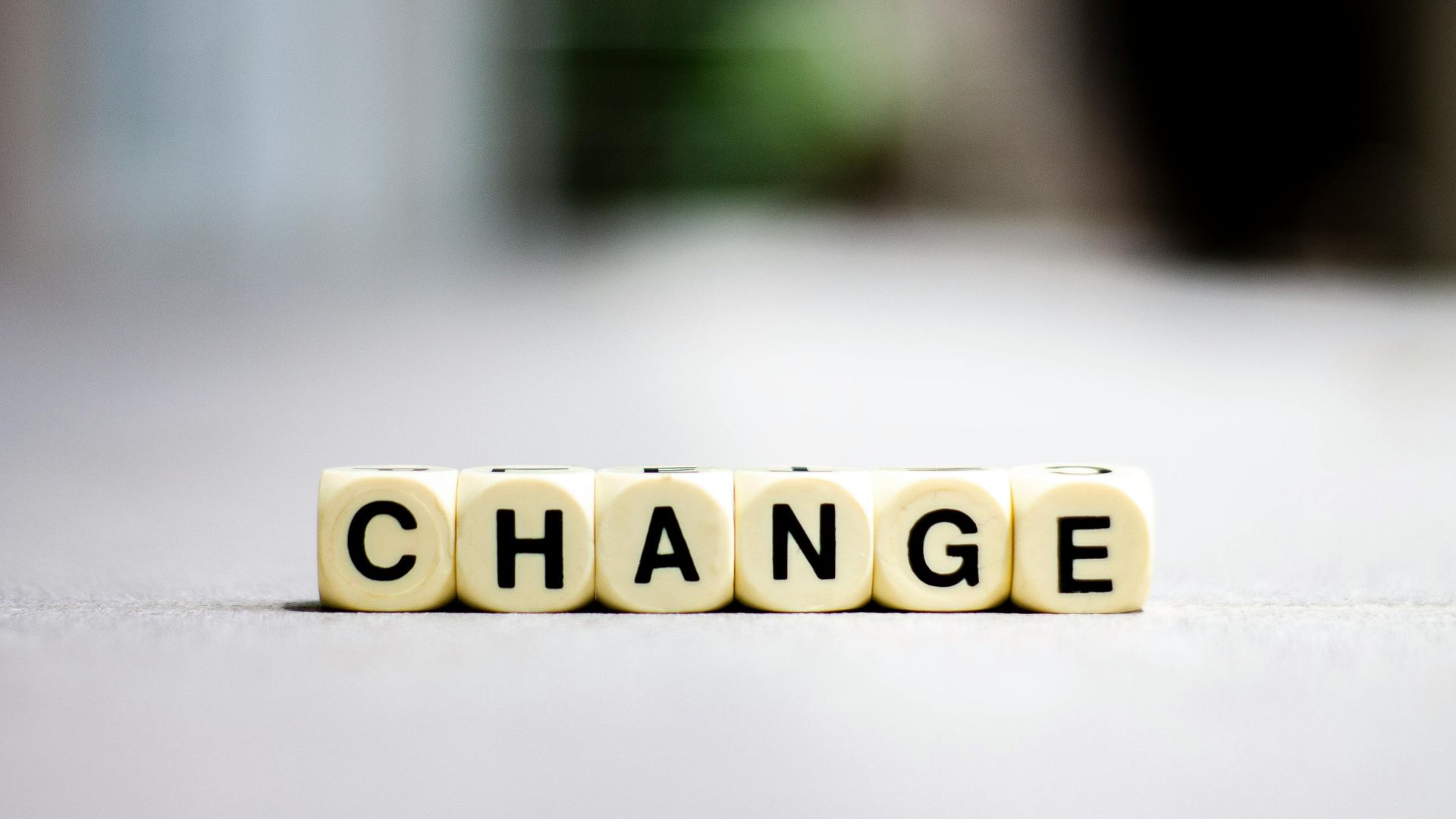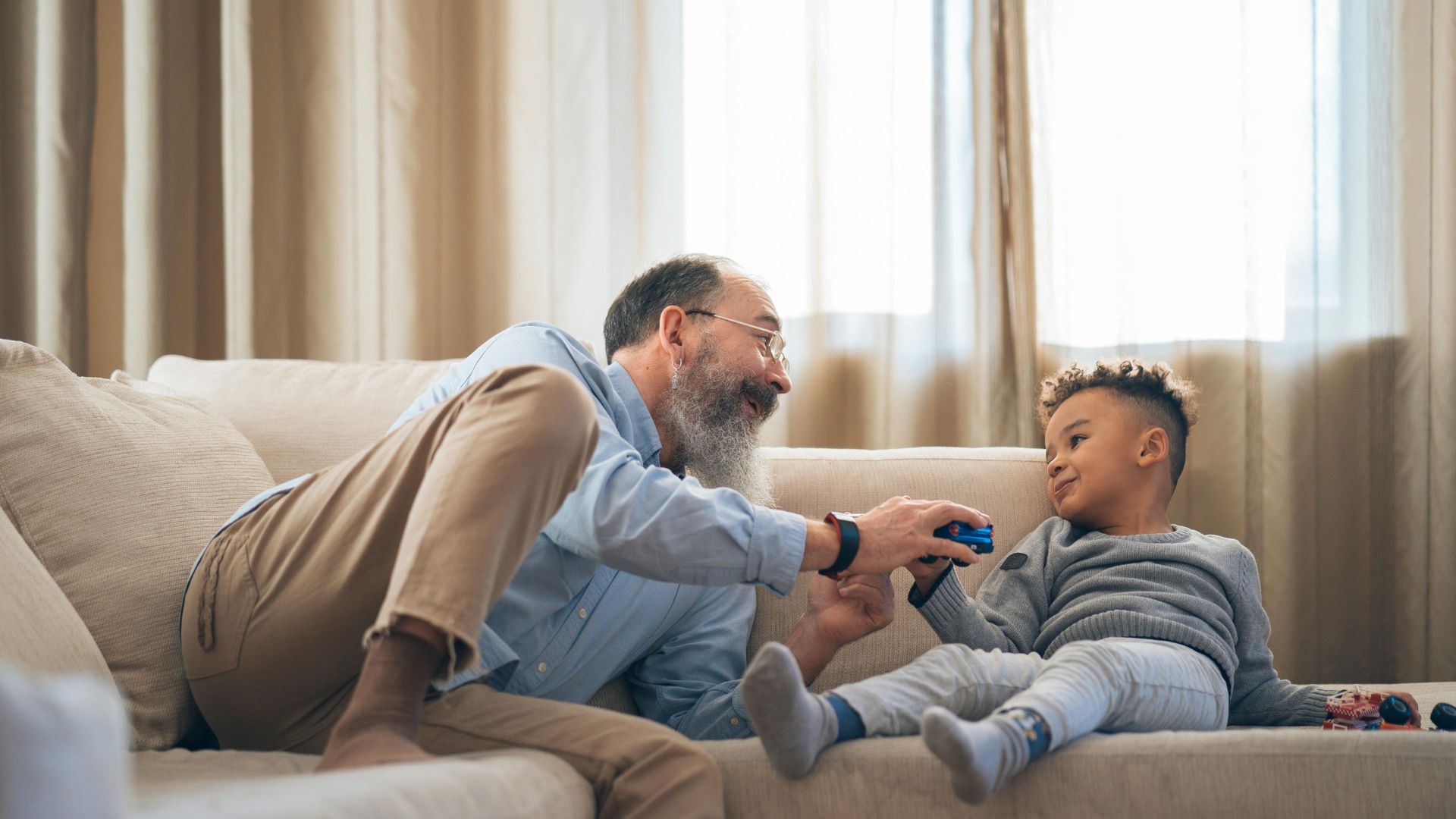Mental Health Awareness Month
by Tatiana Bicknell, LCSW | May 2025
It’s Mental Health Awareness month—a time to reflect, educate, and advocate for better mental well-being for all. Mental Health Awareness Month was established in 1949 to increase awareness and importance of mental health and wellness. Though conversations about mental health have grown more open in recent years, stigma, misunderstanding, and lack of access to care still affect millions. This month is not only about raising awareness but also about sparking change.
Why Mental Health Awareness Matters
Mental health is all about emotional, psychological, and social well-being. It affects how we think, feel, act, and handle stress. According to the World Health Organization, 1 in 8 people globally live with a mental disorder, yet many people struggle everyday undiagnosed or have limited resources for help. Whether it’s anxiety, depression, or more severe conditions, mental health challenges do not discriminate—it impacts people of all ages, race, income, or background. And just like physical health, mental health deserves attention and care.
By normalizing and talking more about mental health, people feel empowered to be open and seek help for what they are going through. When people know they’re not alone, they’re more likely to reach out for support and decrease feelings of shame. According to the National Council for Mental Wellbeing:
- 1 in 20 adults experience serious mental illness every year
- 50% of lifetime mental illness emerges by age 14, 75% by age 25
- 20% of high school students have concidered suicide
- 1 in 6 of youth have a mental health condition but only half receive treatment
How Support and Get Involved
Anyone can play a role in reducing stigma and encouraging understanding mental health. You don’t have to be a mental health professional to spread awareness and help others. Here are some great ways to support and be involved:
- Start conversations: Share about your story, or ask friends or coworkers how they’re really doing. Sometimes, being that supportive ear can really make a difference.
- Share resources: Post hotline numbers, support groups, or articles on social media.
- Support organizations: Donate to or volunteer with nonprofits that provide mental health services.
- Take care of yourself: Prioritize your own well-being. Practicing mindfulness, setting boundaries, or seeing a therapist are all valid and valuable steps.
- Stay Informed: Attend free webinars about mental health, or get trained in Mental Health First Aid. You can look for courses at https://www.mentalhealthfirstaid.org/
- Advocacy: Raise your voice! Advocate for better mental health policies, access to care and increased funding.
Mental Health Awareness Month is a strong reminder that mental health is actual health. Many people prioritize physical health in so many ways, and ignore their mental well-being. Some may really want to support their mental health, but don’t have the resources to do so. Let’s continue to break the silence. Let’s continue to support each other. And let’s remember: it’s okay to not be okay—and help is always available.
Helpful Numbers and Links:
988 Suicide & Crisis Lifeline: 988 or 988lifeline.org (Espanol, oprime2) (LGBTQI+, option 3)
Veterans Crisis Line: Dial 988 (option 1) or text 838255
SAMHSA’s National Helpline: 1-800-985-5590
FindSupport.gov
FindTreatment.gov












